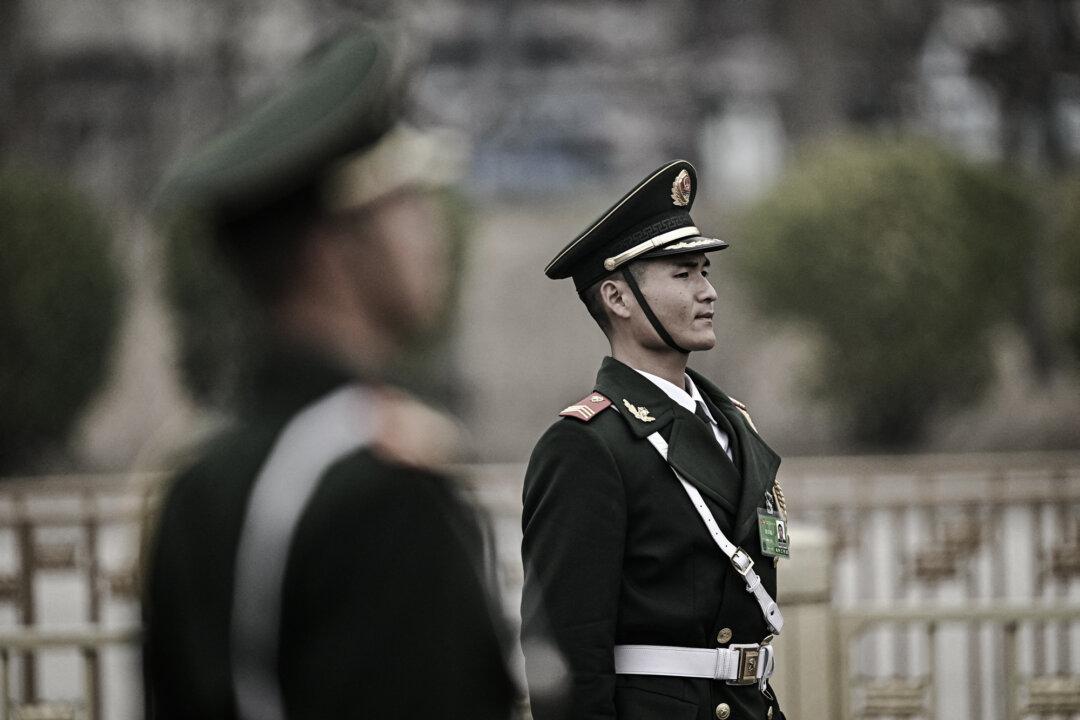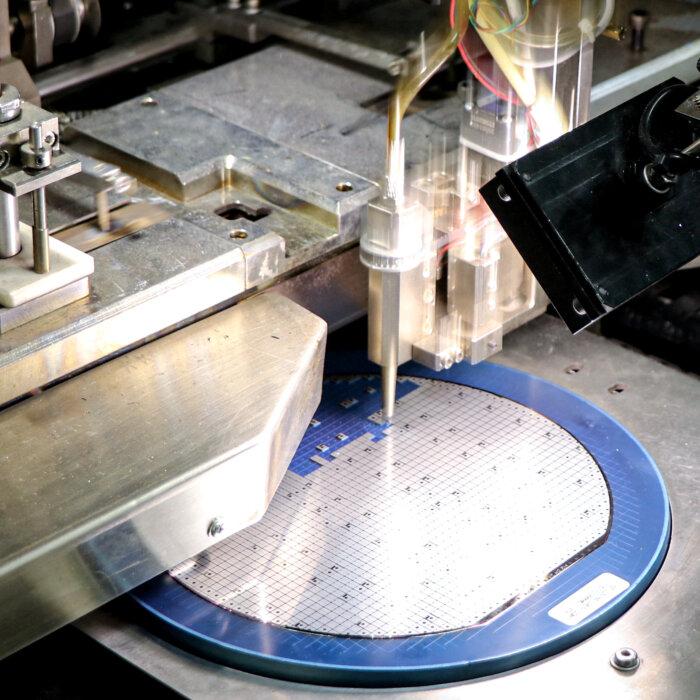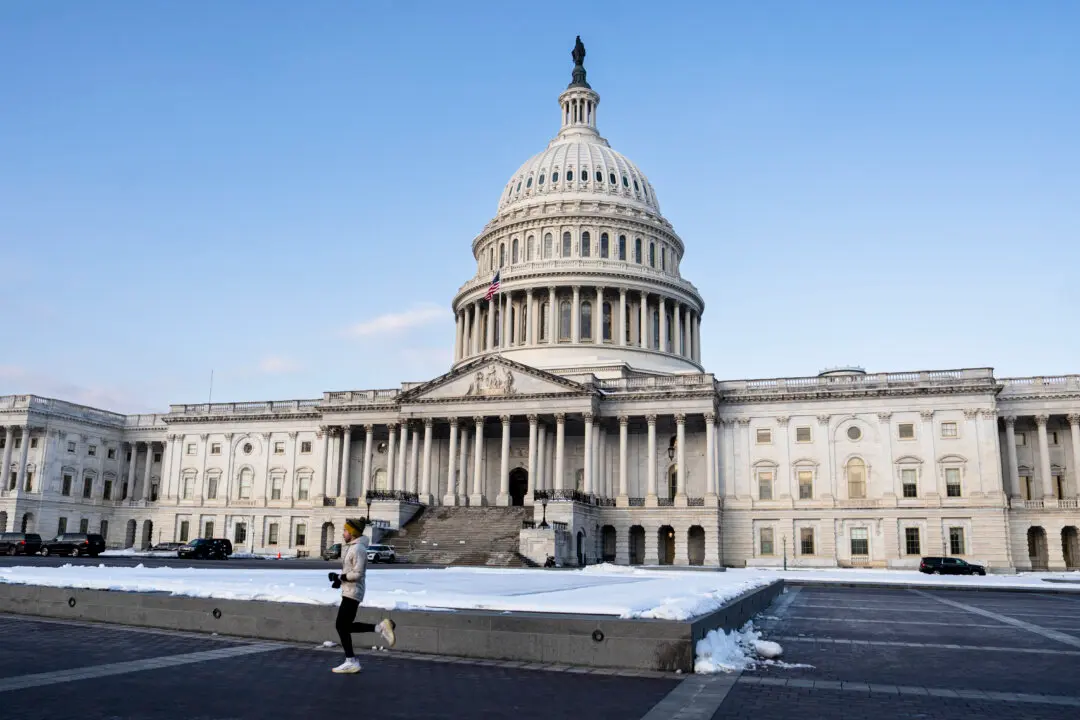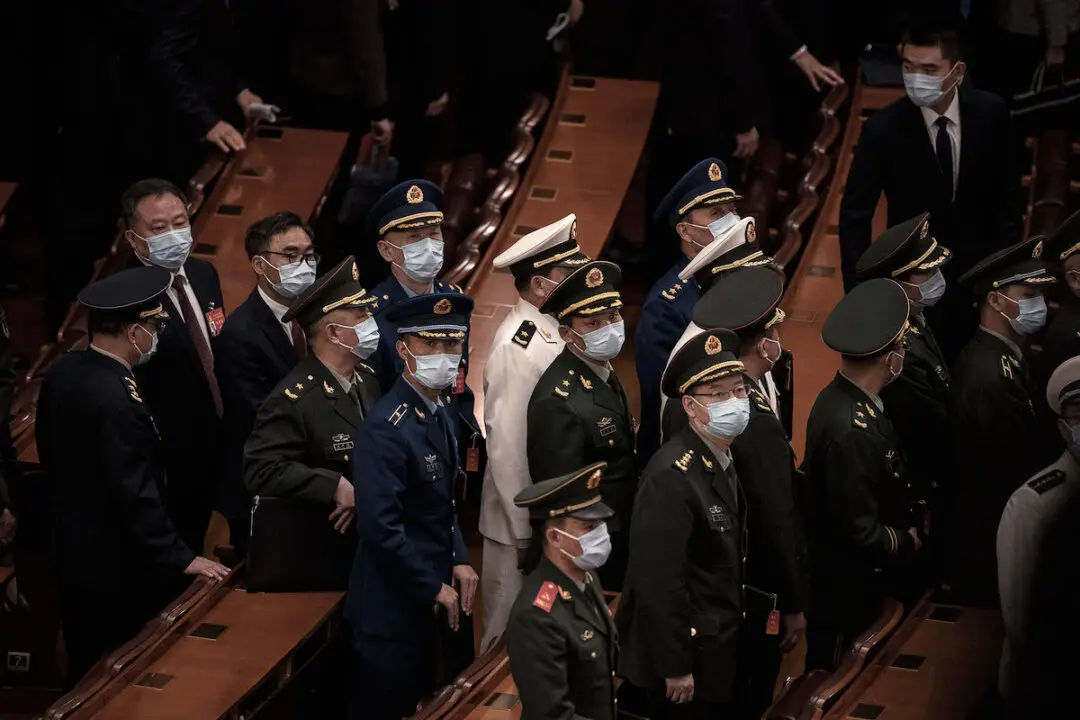As China’s economy continues to slow and local government finances come under increasing strain, a growing number of businesses and people are reporting what they call “fine-based law enforcement” across the country. Departments such as the traffic police and urban management are being accused of carrying out excessive inspections and issuing heavy fines in what critics say is a desperate attempt to generate revenue.
Rampant Abuse of Power
On June 21, Chinese state media reported that in Jiangsu Province, a farmer who earned just 180 yuan (approx. US$25) from selling uninspected lamb meat was fined 100,000 yuan (approx. US$13,900) by the CCP’s State Administration for Market Regulation. In Shandong Province, one company was allegedly subjected to more than 100 administrative inspections each year from 2021 to 2023, significantly disrupting its operations.Under the CCP, local authorities lack a uniform standard in enforcing rules and regulations, and there are limited means, if any, for common civilians to challenge the authorities’ decisions. Abuse of power is rampant among local CCP officials, and is even acknowledged by Chinese state media.
Punitive Fines and Forced Purchases
He Li, a resident of Changshu, China, told The Epoch Times that her daughter’s clothing factory was fined 300,000 yuan (US$41,800) after purchasing 150,000 yuan (US$20,900) worth of clothing products that allegedly infringed certain intellectual property rights.“The inspectors said the products lacked registered trademarks and warned of criminal charges,” she said. “They’ve gone mad with fines because they’re desperate for money.”
The fines were to be paid to the local government instead of in damages or restitution to the supposed owner of such intellectual property or trademark rights. In other words, her factory was not sued by the alleged intellectual property owner. Instead, the CCP authorities imposed a heavy fine without any means for the defendant to challenge it.
She also described forced purchases of manufacturing equipment from government-approved vendors.
“Some of the government-mandated safety equipment is quite poor quality, but if you don’t buy it, they fine you for so-called safety violations,” she said.
Liu Heyang, who runs a restaurant in Taixing, China, shared a similar experience.
“Gas cylinders used to cost 80 yuan [US$11], but now we’re forced to switch to new government-approved ones that cost 140 yuan [US$20] each,” he said. “If we don’t, they won’t refill our gas. Even household gas meters are being replaced with ‘official’ versions, with noncompliance resulting in supply cuts.”
Apart from businesses, individual citizens are also not spared. Sun Hao, who lives in a residential compound in Zhengzhou, China, said the presence of traffic police and urban management officers has surged in recent weeks, targeting improperly parked bicycles with various fines. He also said that traffic police are ambushing drivers at intersections to issue tickets for supposedly not “positioning your car properly” when stopped at traffic lights.
Regime’s Reaction to Online Outrage
Videos and complaints circulating on Chinese social media have shown widespread frustration with inconsistent and arbitrary enforcement. Chinese netizens have commented that the fine’s amount depends on the official’s mood. The same alleged violation can cost anywhere between a verbal warning to hundreds of dollars in fines, showing very arbitrary standards in enforcement.As of June, more than 25 provincial-level regions have launched crackdowns on excessive enforcement. More than 60 percent have established “joint inspection mechanisms,” with some launching online complaint platforms to allow businesses to report repetitive or intrusive enforcement actions.
Yet, critics say these reforms fail to address the root cause, which is the fiscal desperation of the CCP’s local governments.
China-based rights advocate Mr. Zhou, whose full name is held for his protection, told The Epoch Times that the CCP’s national reforms on such excessive enforcement are often met with countermeasures by corrupt local officials. He said that a portion of the fine revenue collected by local enforcement agencies is often returned to local government budgets instead of the national government, which incentivizes them to maintain the practice.
Zhou warned that such policies, while helping the regime’s local government budget shortfalls, come at the cost of public trust.
“Arbitrary fines not only burden businesses and citizens but also erode the credibility of the government,” he said.







